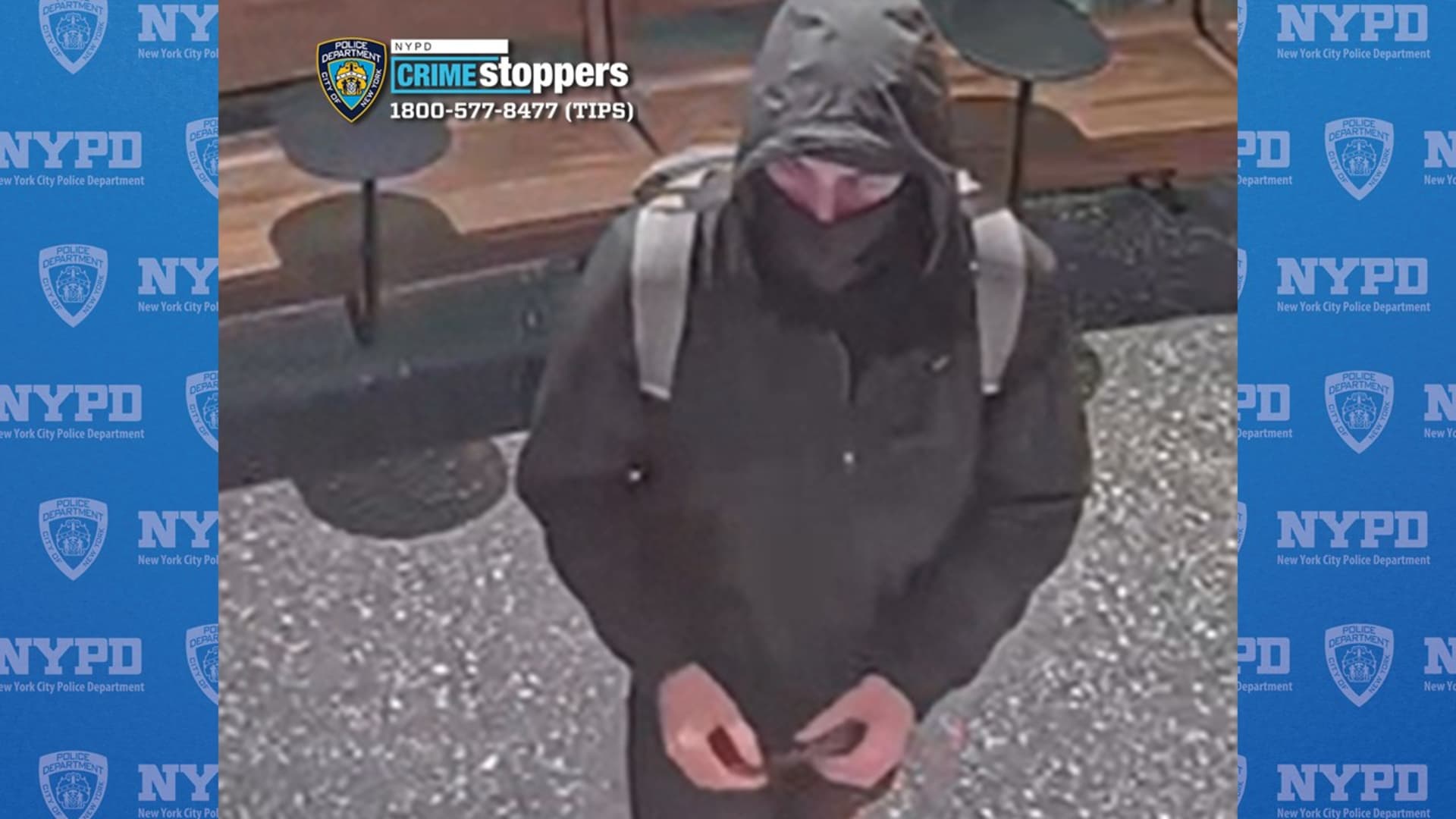UnitedHealthcare CEO Brian Thompson was fatally shot Wednesday doing something countless other American executives routinely do: Walking unaccompanied to an investor event held by his company.
But Thompson’s death this week in the heart of corporate America’s capital has sent shockwaves throughout the business world, forcing companies to rethink the risks in even the most routine executive responsibilities.
“Everyone’s scrambling to say, ‘Are we safe?'” said Chuck Randolph, chief security officer for Ontic, an Austin, Texas-based provider of threat management software. “This is an inflection point where the idea of executive protection is now raised to the board level. Everyone I know in the industry is feeling this.”
Threats against corporations have been rising for years, fueled in part by the echo chamber of social media and a more polarized political environment, according to security professionals. But the slaying on a Manhattan sidewalk of Thompson, head of the largest private health insurer in the U.S., is the highest profile such incident in decades.
Companies now worry their leaders face greater risk of being targets of violence, especially as they hold more public investor events in New York in the coming weeks.
The gunman is still at large, and his motivation isn’t known. Words written on the shell casings found at the scene may offer hints about what incited the shooter.
One question from security experts not involved in the case was whether the shooter demonstrated grievances against UnitedHealthcare in online forums and searched for information about the investor event. Several health-care companies have reacted by pulling photos of executives from websites, and health insurer Centene made an investor meeting virtual after the killing.
Thompson didn’t have a security detail with him on Wednesday morning, despite known threats against him, according to NYPD officials. None of the executives of UnitedHealth received personal security benefits, according to the company’s filings.
If Thompson had, several key factors would have been different. Personnel would have gone to the hotel before his arrival to detect threats; he also would have been accompanied by armed security who may have used an alternate hotel entrance, said Scott Stewart, a vice president of TorchStone Global.
“This was preventable,” said Stewart, who said he had nearly four decades in the industry. Â “I’ve never seen an executive with a comprehensive security program ever be victimized like that.”
Still, before this week’s shocking events, it wasn’t unusual for executives to decline security because of the disruption to their lives, or the image it may give, several security veterans said.
“Not every CEO needs heavy duty protection,” said the security chief of a technology firm who wasn’t given permission to speak to the press. “Senior executives are subject to threats all day long, you need a platform to” examine them and determine whether they are credible and timely, he said.
‘Guns, guards and gates’
Since Thompson’s killing, a wide spectrum of companies have sought extra protection for executives, Matthew Dumpert, managing director at Kroll Enterprise Security Risk Management, told CNBC.
In the coming weeks, there are several financial conferences in New York with CEOs scheduled to attend in person. Until now, the major concern for these events has been disruption by environmental activists or other protestors, said a manager at large bank.
“Everybody is taking a look and thinking through security for their senior people,” said an executive at a major Wall Street firm who declined to be identified out of concern it would draw attention.
Some corporate security veterans vented that they are seen as a cost center whose leaders are “buried too deeply in an organization to be listened to.”
“The bias is, security is a pain in people’s butts, and not that important,” said the person, who asked for anonymity to speak candidly.
“I hope this opens their eyes,” he said. “Risk intel and assessment is important, and security is about much more than just guns, guards and gates.”
â CNBC’s Jordan Novet, Bertha Coombs and Dan Mangan contributed to this report

